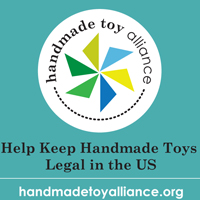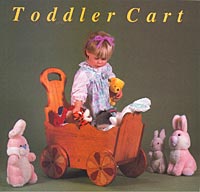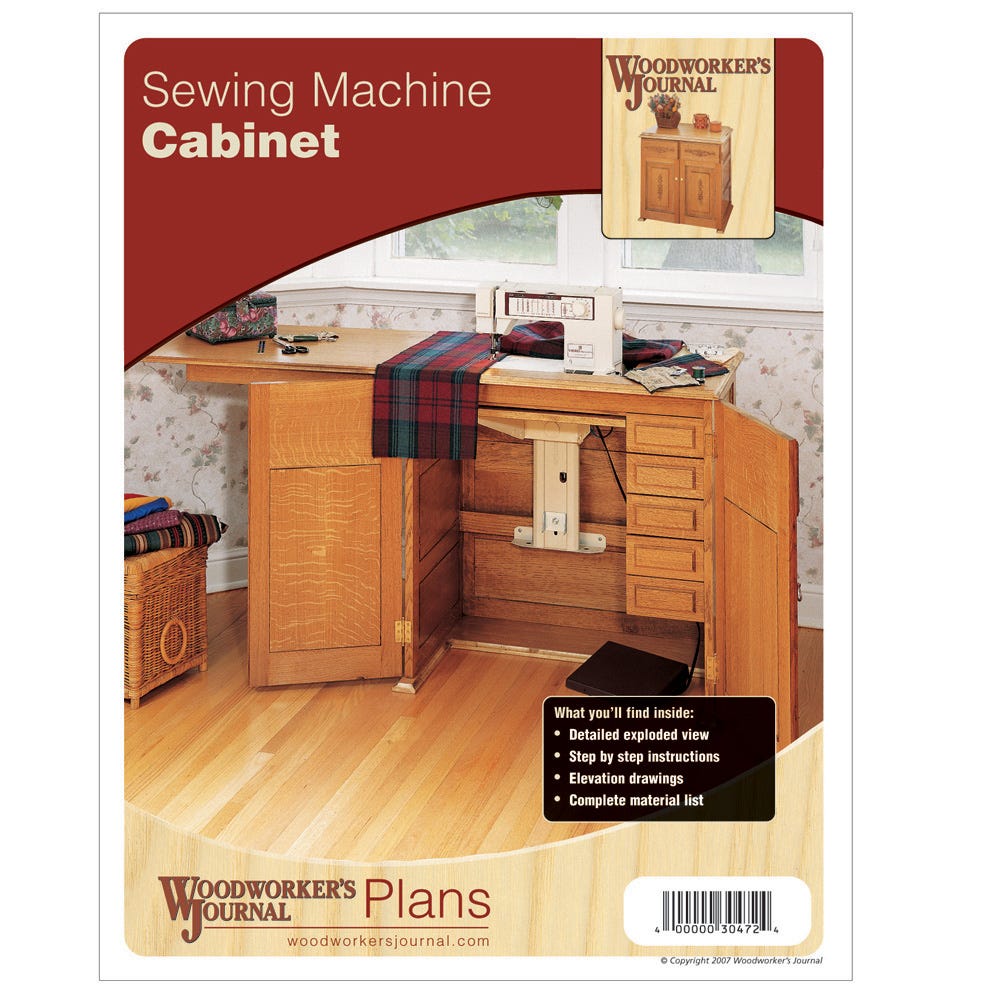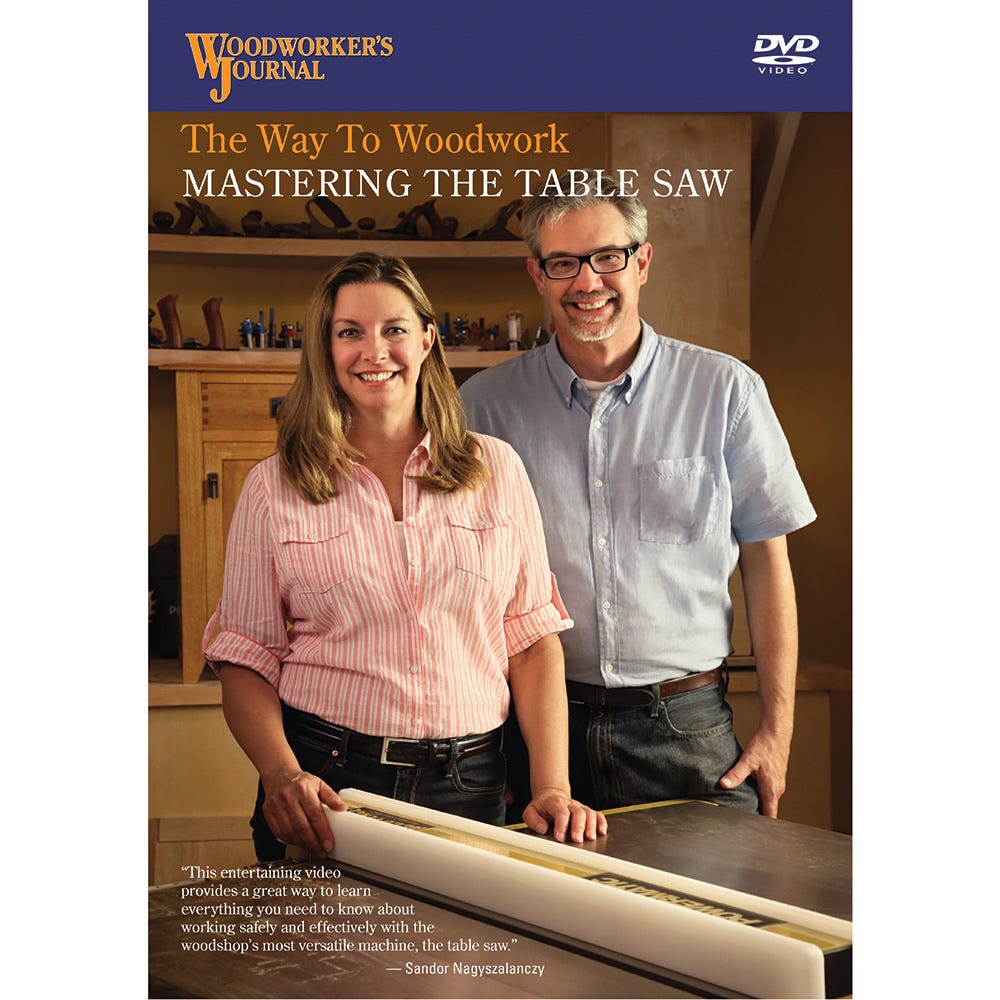
The Handmade Toy Alliance is made up members with a mission: to keep wooden (and other handmade) toys legal in the U.S.
Formed in reaction to the proposed Consumer Product Safety Improvement Act (CPSIA), the Handmade Toy Alliance describes itself as “an alliance of toy stores, toymakers and children’s product manufacturers from across the country who want to preserve unique handmade toys, clothes and all manner of children’s goods in the USA.”
This is a concern due to testing requirements for lead and phthalates that, according to the CPSIA as originally written, would require all products sold for children under age 13 to be tested for lead and phthalates upon the date the law is scheduled to take effect – Feb. 10, 2009 – including, as the Handmade Toy Alliance cites in one of its examples, such items as wooden toy cars made by a Maine woodworker in his garage to supplement his income.
The Handmade Toy Alliance’s concern is that the expense of the required tests – it cites a $300-$4,000 per toy figure for the wooden cars in the example above – will impact small toy manufacturers, retailers of wooden toys, and those who sell children’s items through work-at-home methods or craft shows, potentially forcing them either to stop making and selling their items, or to violate the new law. “It’s an existential threat to the handmade toy market,” said Dan Marshall, co-owner of Peapods Natural Toys & Babycare Store in St. Paul, Minnesota. He notes that the law could also impact woodworking associations that make items to donate to children, or sell children’s items for fundraisers.
While some legal opinions obtained by the HTA indicate that the law would only apply to toys sold across state lines, according to Marshall, one of the HTA’s primary contact members, the broadest intepretations of the law as currently written could also require such things as testing wooden toys for phthalates (a substance found in plastics). “Don’t think you’re exempt just because you’re small,” he said. “Nobody is exempt in the current law.”
The HTA is asking for exemptions from the lead testing process for natural products, like wood, which do not contain lead. It also wants microbusiness (mom and pop home-based shops, for example) exemptions from the testing requirements, citing similar exemptions in place for such examples as artisan cheesemakers through the Food and Drug Administration – “We figure, if it’s good enough for food, it ought to be good enough for toys,” Marshall said.
They’re also asking the Consumer Product Safety Commission (CPSC) to allow “component testing” instead of “unit testing.” For example, Marshall said, even if the exemption is granted for wood itself, “it’s not exempting finishes. As soon as you put on beeswax, or mineral oil, or paint, or stain, it has to be tested.
“We’re arguing that we should be able to rely on manufacturers, who are probably already doing the testing, rather than each woodworker,” Marshall said.
The public comment period for changes in the Consumer Product Safety Improvement Act is occurring now, with a deadline of January 30. The scheduled February 10 implementation date does not leave much time to take those comments into consideration. “It will be impossible to certify,” Marshall said, “it will also be impossible to enforce. The CPSC is not going to go hunting down people on February 11.”
Marshall notes that many people are voicing their opinions to the CPSC, and “We’re being heard. I don’t think the CPSC wants to crack down on small crafters.” He noted that the HTA also encourages people to contact their Congressional representatives: “At some point, the CPSC needs to go back to Congress and say, ‘hey, is it OK if we make these changes?'” he said.
The Handmade Toy Alliance is acting as a clearinghouse for small manufacturers concerned about the impact of the Consumer Product Safety Improvement Act in its present form. They have set up an online petition, a Facebook group, a newsletter and a page with links to contact information for U.S. representatives and senators.
You can find additional information at http://www.handmadetoyalliance.org and at http://www.cpsc.gov/ABOUT/Cpsia/cpsia.html. The Consumer Product Safety Commission’s link for providing feedback on the law is http://www.cpsc.gov/cgibin/newleg.aspx.








